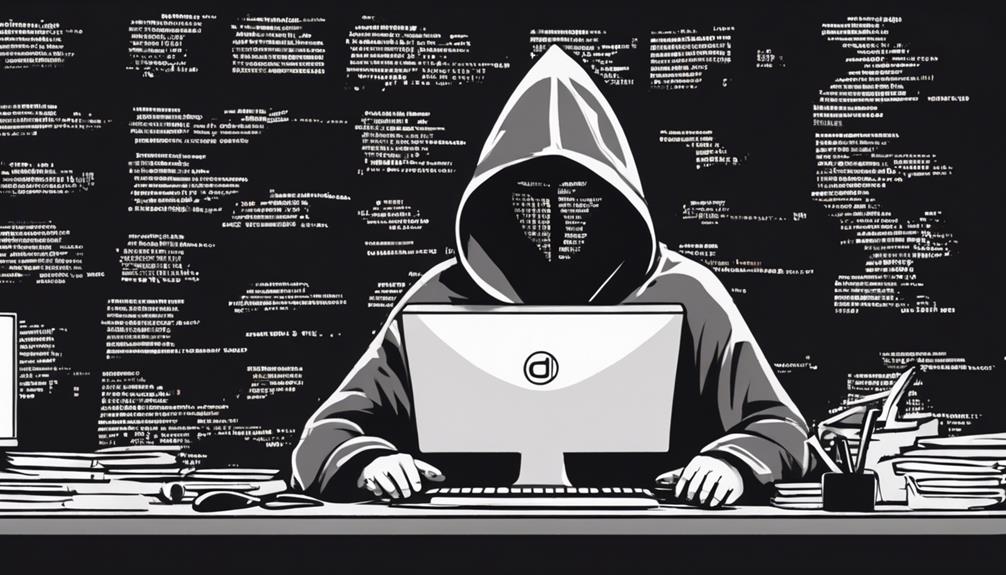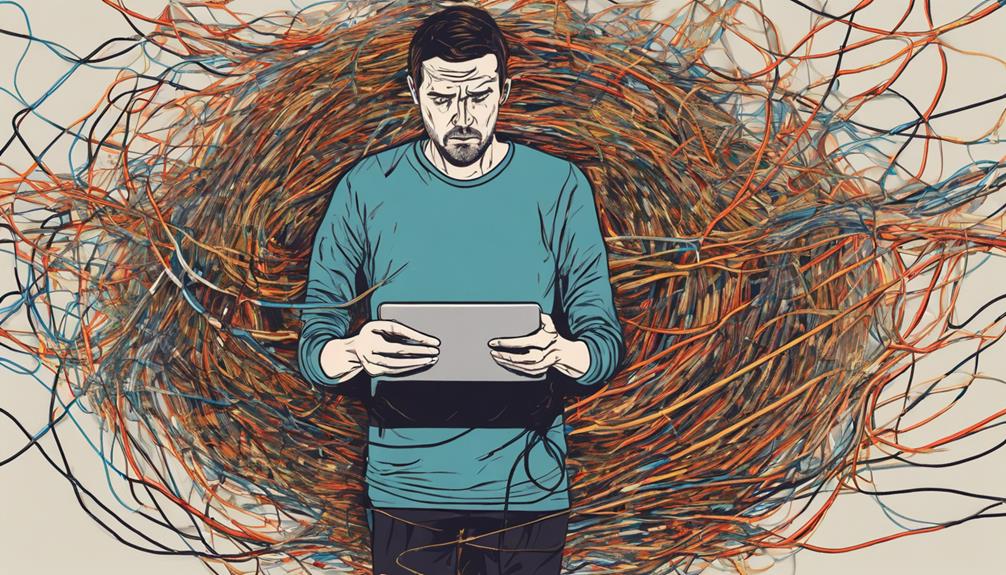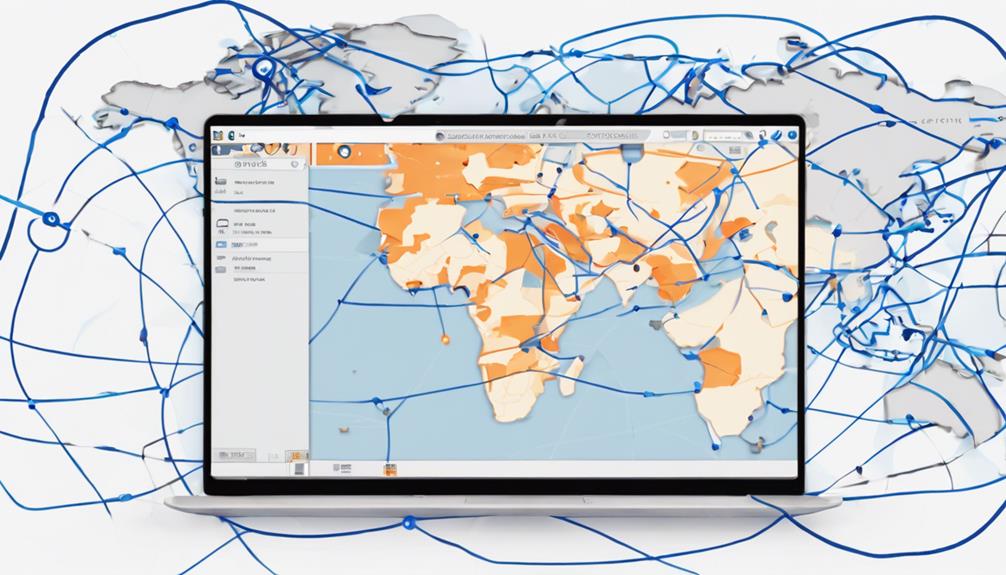Hiding your IP address is not illegal; it is a common practice to enhance privacy and security online, widely accepted in most democratic countries. It helps protect your digital identity and prevents online tracking. Understanding the laws around this practice is vital for responsible use and to avoid potential legal implications.
Key Takeaways
- Hiding your IP address is generally legal for privacy and security.
- VPNs and proxies can conceal IP addresses legally.
- It is lawful to protect personal data online.
- Responsible use is key to avoid legal issues.
- Understand specific laws for compliant and safe IP address concealment.
Legality of Hiding IP Addresses
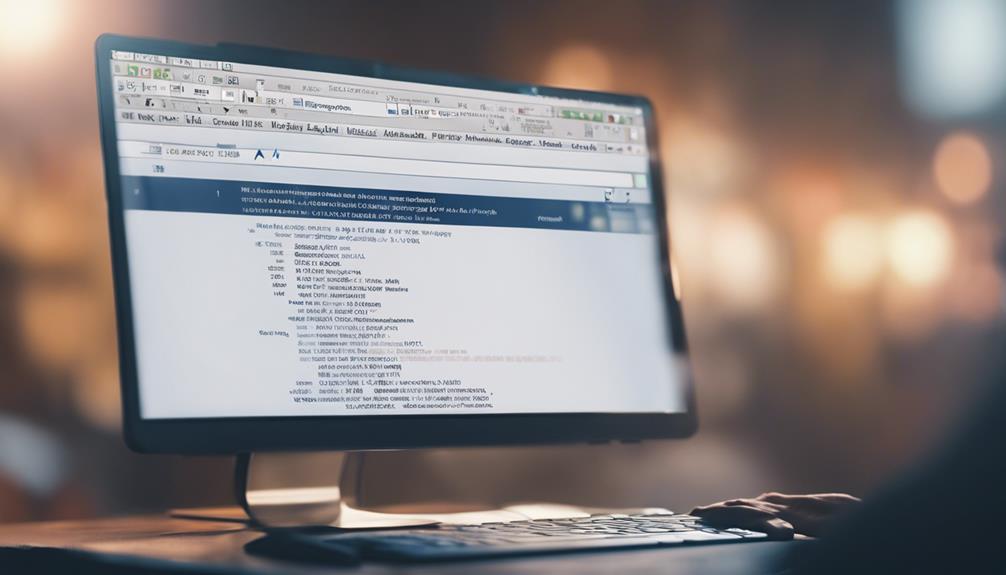
Hiding your IP address is an essential practice in most countries and is commonly employed to enhance privacy protection online. When you browse the internet, your IP address acts as a unique identifier, revealing your location and online activities.
By using a VPN, you can hide your IP address and change it to a private IP address, securing your online presence. VPNs encrypt your data, ensuring a secure connection while masking your true IP address. It's important to use VPNs for legitimate purposes, as using them for illegal activities can have legal repercussions.
Additionally, proxy servers can also be used to hide your IP address, although they may not offer the same level of security as VPNs.

2. PIA - Ton of servers world wide, but especially great in United States.***

3. NordVPN - The bigger the better! A great choice everywhere!***

*** Offers money-back guarantee. So try them risk free!
Laws Regarding IP Address Concealment
Concealing your IP address is subject to specific laws and regulations that dictate its permissibility and potential legal implications. When it comes to laws regarding IP address concealment, consider the following:
- Critical Nature: Hiding your IP address is generally legal and widely used for privacy protection.
- VPN Usage: Using a VPN to conceal your IP address is a common practice for enhancing online security.
- Lawfulness: VPN usage for legitimate purposes like safeguarding personal data is considered lawful.
Understanding the legal aspects of hiding your IP address is essential to guarantee compliance with regulations while prioritizing online privacy and security.
Be aware of the lawful and unlawful applications of IP address concealment to navigate the digital landscape responsibly.
Legal Implications of IP Address Hiding
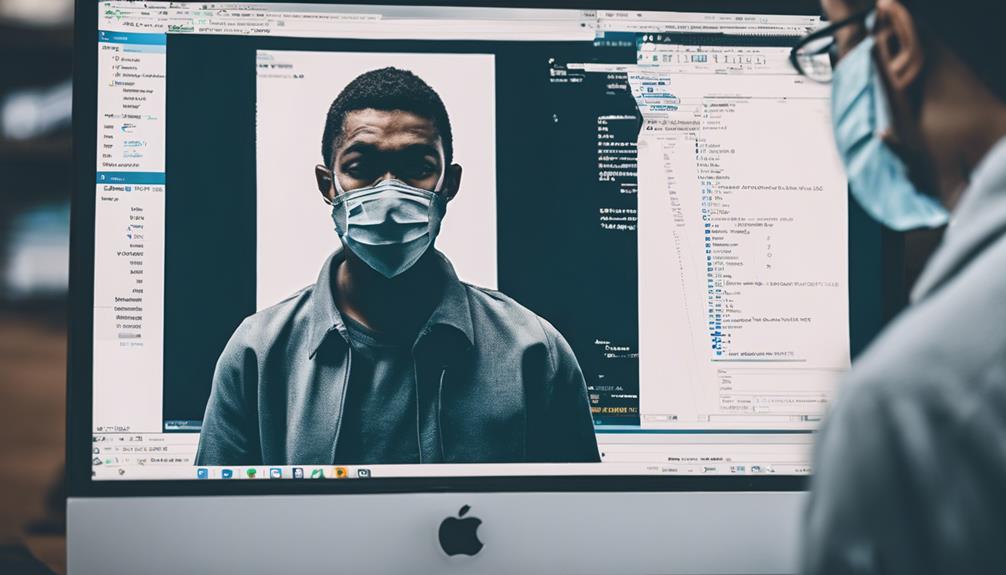
The legality of masking your IP address through VPN services is a widely accepted practice in many jurisdictions. VPNs are commonly used for privacy protection, allowing users to change their IP address and safeguard online privacy.
Utilizing proxies or VPNs to hide your IP address is typically not considered illegal. However, legal implications may arise if IP address hiding is employed for criminal activities.
It's important to understand that while hiding your IP address is legal for privacy reasons, engaging in illegal activities while masked behind a different IP address can lead to severe consequences.
Be mindful of the laws in your jurisdiction and make sure that you use IP address hiding services responsibly to avoid any legal issues.
IP Address Hiding and the Law
Utilizing Virtual Private Networks (VPNs) to mask your IP address is a common practice that's generally permissible under the law. When it comes to IP address hiding and the law, here are some key points to take into account:
- Legal Protection: Hiding your IP address using VPNs is legal and widely used for privacy and security reasons.
- Secure Online Activities: VPN usage for concealing IP addresses is legal in democratic countries and is commonly employed for secure online activities.
- Criminal Consequences: While it's legal to hide your IP address, engaging in criminal activities while concealing your IP can lead to legal repercussions.
Is IP Address Masking Illegal?
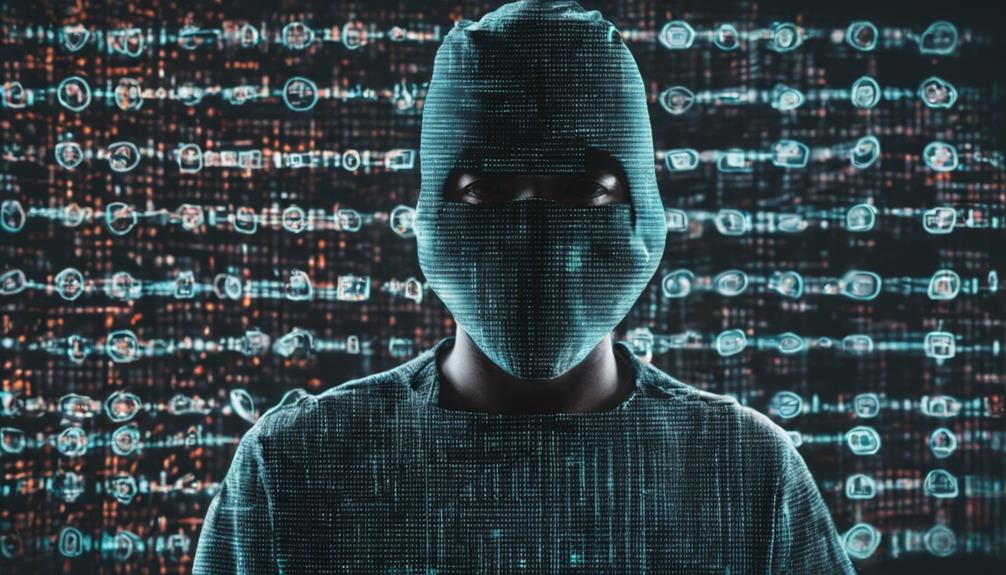
Hiding your IP address through methods like VPNs is a legal practice in most countries, allowing for enhanced privacy and security online. VPNs enable users to disguise their IP addresses, which is widely accepted as a legitimate means to safeguard online activity.
By using VPNs, individuals and businesses can protect their online interactions from potential threats. While using VPNs for criminal activities can lead to legal repercussions, utilizing them for privacy and security purposes is within the bounds of the law.
IP address disguising with VPNs is a common practice to safeguard sensitive information and guarantee a secure online experience. It's essential to understand the legality surrounding VPN usage to effectively safeguard your online presence and activities.
The Legality of Concealing IP Addresses
Concealing your IP address through methods like VPNs is a widely accepted practice for enhancing online privacy and security. When considering the legality of hiding your IP address, it's essential to understand the following:
- Protection from Tracking: Changing your IP address helps you avoid being tracked online, enhancing your privacy.
- Safeguarding Digital Identity: Concealing your IP address through VPNs protects your digital identity from potential threats.
- Accessing Geo-Restricted Content: By changing your IP address, you can bypass geo-restrictions and access content not available in your region.
Using VPNs to hide your IP is legal in most democratic countries, but it's important to refrain from engaging in illegal activities while doing so to avoid legal repercussions.
Frequently Asked Questions
What Happens if I Hide My IP Address?
When you hide your IP address, you enhance online privacy and security, preventing tracking by websites, advertisers, and hackers. Access geo-blocked content, stay anonymous, and safeguard personal data. Understand legal implications in your jurisdiction.
Can a Hidden IP Address Be Traced?
Yes, a hidden IP address can be traced through advanced techniques and tools. Law enforcement agencies and cybersecurity experts have the capability to trace hidden IPs for investigations. Using VPNs or proxies doesn't guarantee complete anonymity.
Is It Safe to Hide My IP Address?
Hiding your IP address is safe and common practice. Utilize VPN services for privacy protection, prevent online tracking, and access geo-restricted content securely. By masking your IP, you safeguard your digital identity and maintain online privacy.
Can Cops Trace an IP Address?
Yes, cops can trace an IP address with proper authorization. They utilize legal procedures like court orders or subpoenas to gather information from ISPs. Tracing IPs assists in investigating cybercrimes and locating individuals involved in illegal activities.






